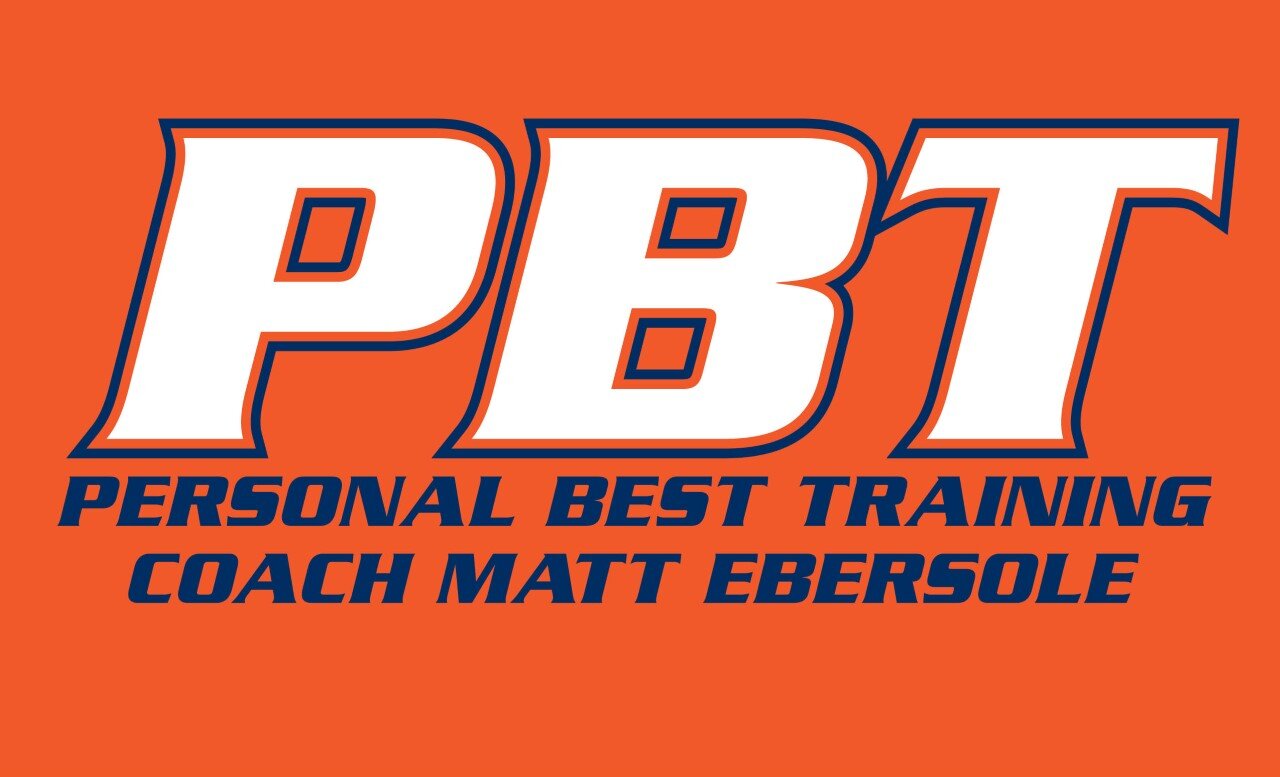Rest Wrong. Cutting back too much in the final weeks or pushing too hard right up to race day will leave you like bad toast, stale or burnt. Back off enough to be rested and ready but stay in your normal training rhythm and not some magical taper mode or trying to squeeze in more workouts.
Confuse a goal and a wish. Without evidence from training or even better, from racing, that your goal pace is reasonable it is just a wish. Who doesn't want to break that next barrier or qualify for Boston? But what indicates you can do it? Starting out on “wish pace” usually has you wishing you didn't.
Try too hard or too often to prove fitness. Continually overrunning workouts or running too many races to prove fitness is an equally attractive trap. To use Stewart’s phrase, “Flexing Muscles” too often in workouts usually ends in injury or your best races are in a workout and not on race day when it matters.
Try some race day research. No matter the claim of the nutritional product, shoe, or clothing item, race day is not the time for testing. Yes, the mystical miracle gel would have fueled you for days if you could have kept it down and the shorts looked fabulous but should have come with a family size container of sport shield for the chafing.
Ignore plan B. Review race day factors such as how you feel, temperature, wind, and course to adjust as needed. You will run slower on an 80 degree day than when it is 30 degrees cooler. The option is to do so voluntarily or involuntarily. Voluntarily is much more pleasant. The conditions may also align for the perfect PR storm. Don’t waste golden opportunities.
Put time in the bank. I cannot think of a better self-fulfilling prophecy than those that tell me that they are going to start faster to bank time for when they slow down at the end. If you choose to employ this strategy I guarantee you will need all the time you banked and more.
Catch up too quickly. Found yourself too far back at the start or caught in slower traffic? Don’t multiply this mistake by trying to catch up to where you should be too quickly. Burning two miles of fuel in the first mile will not help the end result. Bring it back a little at a time.
Run someone else’s race. Going with the pack, pace group, training partner or random stranger and letting them dictate your effort and not how you feel and sticking to your plan may help them have a good race. However, it’s not real likely both of you will be happy at the end. The surest way to get beat by somebody slower than you is to start with someone faster than you.
Save aid stations until you are thirsty or hungry. When you are feeling great and rolling along with a pack on pace it is hard to purposefully slow down to drink or take a gel and have to catch back up. Most early race nutrition is for the later miles. Once you fall behind in this part of the race you will not catch back up.
Stick with goal pace no matter what. Your body may be telling you that today is not the day you can maintain goal pace. Refusal to adjust usually ends in running significantly slower than your goal rather than just a little off pace. The worst is when you realize after the race everyone ran slower than expected and you would have placed well by dialing it back just a bit.

